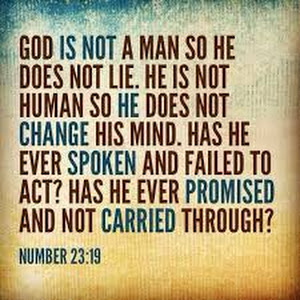
This chapter of Samuel begins with a famine in Israel for over three years, with David finally asking the Lord why the famine is taking place in his kingdom. God answers that Saul had broken a vow (or promise, or covenant) by killing the Gibeonites (see Joshua 9 for the origin of that vow – note that the Israelites were tricked into making the promise, but still God expects them to keep it!).
David approached the Gibeonites on how he can correct the broken promise. They demanded seven of Saul’s sons to be killed as an atonement. David had no choice but to deliver and did as they requested (except for Jonathan’s son, Mephibosheth, due to yet another promise). It was sad but necessary to stop the famine. After this, David went and retrieved the bones of Saul and Jonathan and buried them in the country of Benjamin with Saul’s father Kish.
The chapter ends with the Philistines going to war against Israel. In the battle, David grew faint and was nearly killed by the sons of the giants. Israel decided then that David should not come out to battle any more, so the light of Israel is not quenched – in other words, they didn’t want to lose their king because he was fighting in wars. [Incidentally, in this war a man named Elhanan killed Goliath’s brother, and David’s nephew Jonathan killed a giant of Gath who had six fingers on each hand and six toes on each foot.]
David was no stranger to covenants with God, or man, for that matter. The 400 year old covenant broken by Saul caused famine and tragedy in David’s kingdom, even though David was not the one to break the promise. It is a good reminder that God takes our covenants seriously. The promises we make to each other, and the promises we make to God, are known by Him and remembered by Him. It is comforting to think of that aspect when we think of the good things God has promised us in his covenants with us, but scary to think of that in light of all of the broken promises we see between each other and between ourselves and the Lord.
I cannot think of broken covenants without thinking of the covenant of marriage. We all know, some of us with intimate and first-hand knowledge, someone who is either divorced or going through a divorce. Regardless of who and/or what is to blame, the broken promises between two people that had promised to be together “till death do us part” does not affect only those two people. The children, extended families and even friends are all impacted by the separation of two people once married. Yet, even through the sorrow that follows divorce, we do not have to be separated from God. We can still seek forgiveness for the promises broken, we can offer forgiveness for the betrayal, and set an example to others of mercy and grace through a difficult time. Like David, we can seek out God’s will in the aftermath of the brokenness.
Father, thank you for being a loving God. Thank you for never breaking your promises and covenants with us. Please open our eyes and hearts to your word and allow it to speak to us where we are in our lives today. Help me to be faithful like you are faithful, keeping my promises. God, if there is any promise I have broken, please help me to see that and to make it right. Please help me to turn to you in times of trouble, and to reflect your grace and mercy to those around me.